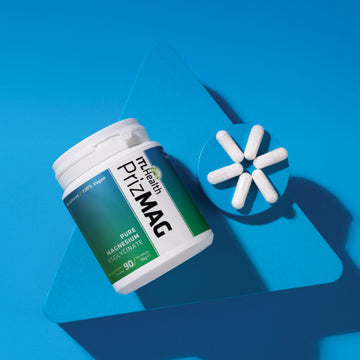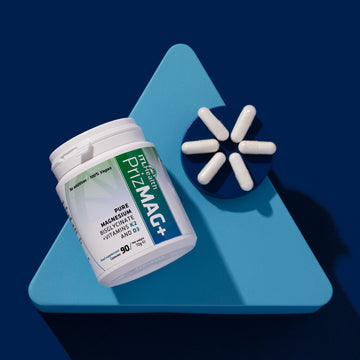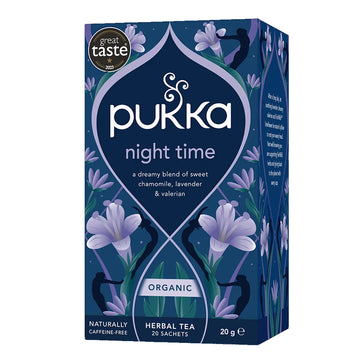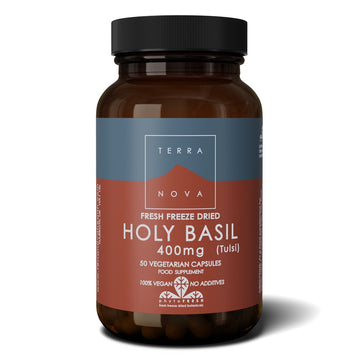If you find yourself staring at the ceiling regularly or tossing and turning for the half the night, you might be dealing with insomnia. So we're sharing some helpful tips to get you sleeping again.
Insomnia is a sleep disorder where you have trouble falling and/or staying asleep. We all need our sleep and when that isn't happening, it can be a lonely and frustrating experience.
But there are some practical steps you can take to get yourself ready for sleep. These little things will help set your body and mind up for a restful night and may help you nod off faster, and stay asleep. Here are some tips to beat insomnia so you get all the shuteye you need.
Tips to Beat Insomnia
There are some practical steps you can take when it comes to tackling insomnia. From taking a bath to switching off the TV and laptop earlier, these handy tips can help you to beat insomnia.
Take a quality magnesium
This is probably the most important as your body needs magnesium for 80% of its functions, and sleep is a big issue for many of us. We recommend a quality magnesium bisglycinate as it is the one best suited to a good night’s sleep.
PrizMAG is a great choice. Magnesium and glycine create a dynamic powerhouse combination that can help you to not just fall asleep more readily, but to stay asleep throughout the night and feel more rested in the morning.
One caveat: magnesium can also give you energy, so be sure to take it a few hours before bed or right before you intend to fall asleep (as opposed to 30-60 minutes before). Experiment with it and see what works best for you.
Take a bath
Bathing relaxes the body and helps to drop your core temperate (so does the glycine found in magnesium bisglycinate). Add some relaxing magnesium flakes or epsom salt for an even bigger bedtime boost.
Turn off your TV
Another of our tips to beat insomnia is to watch your screen usage before bedtime. Being on your phone or television tricks your body into thinking it’s daytime. The light impairs the secretion of the hormone melatonin, which is really important for quality sleep.
Supplement support
Besides at least 300mg of magnesium bisglycinate before bed, try unwinding with a melatonin to get sleepy or some Tulsi - also known as Holy Basil - to relax your body.
Journal
If your mind races before bed, consider writing all your thoughts down on paper and tell yourself you will revisit it in the morning when it’s time to deal with the day.
Turn off your technology
When you turn in for the night, make sure your router is off and your phone is in flight mode. These devices emit signals that can make it hard for your body to unwind and and your brain to shut down.
Take some deep breaths
Meditation is best, but even if you just lay down and breathe deeply and purposefully at least ten times you can help lower stress in the body and signal your brain to relax.
Take a page out of ancient China
The Chinese were on to something when it comes to acupuncture and acupressure. Check out this video for some acupressure points to hold to calm your body’s fight or flight system. Trust us when we say if you stick with it for a few days, it will definitely help you sleep.
Check out the Chinese Meridian Clock
In the same vein, Ancient Chinese Medicine believes that different organs work hard at different times of the day. If you are always waking up at the same time, consult this wheel to see what organ is in power. It may be that you need a lung cleanse or a liver detox to help your body stay asleep.
Stop snacking
Don’t eat within 2 hours of going to bed to signal your body that it’s time to shut down for the night. This also ensures that your food has moved to your small intestine so that your body can concentrate on sleeping and not digesting.
Looking for more useful tips to get you sleeping? We've rounded up some of the best natural sleep aids.
Please note, this blog is for informational purposes only and should not replace medical advice.
It’s always best to consult your doctor before taking any new supplements, treatments or remedies if you are pregnant, breastfeeding or on medication.
Checked and updated: 1 May 2025




















